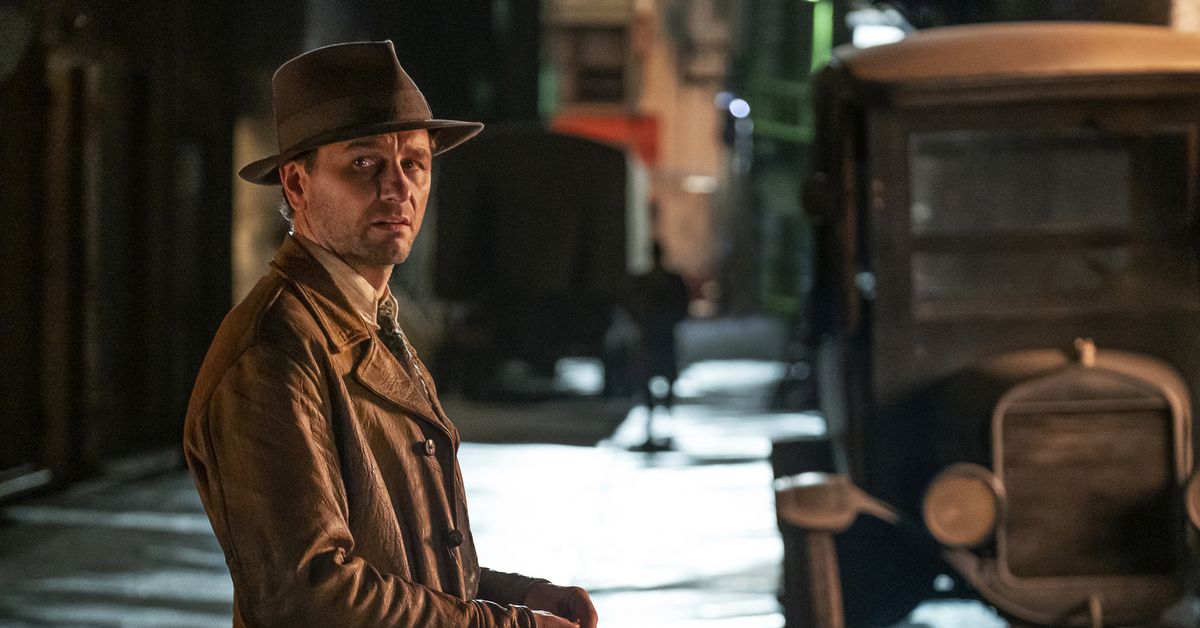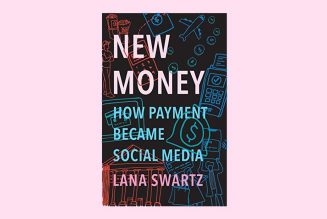
In an era where everything is up for grabs for rebooting, Perry Mason is one of the strangest. The show takes its name from a 1957 CBS series that focused on the eponymous criminal defense attorney from author Erle Stanley Gardner’s detective stories. Perry Mason ran for nine years in its initial run, followed by an ill-fated ’70s revival and a more successful stretch of TV movies throughout the ’80s and ’90s. HBO’s new Perry Mason miniseries, however, has little in common with these previous iterations — it’s less a legal drama and more an old-school hard-boiled detective story with a prestige TV sheen.
And what a sheen it is: Perry Mason is gorgeous to look at and sink into. Its portrayal of 1930s California is beautifully shot and populated by an excellent cast. It’s just frustratingly messy for a show so lovingly put together.
The series begins with a crime. Matthew and Emily Dodson (Nate Corddry and Gayle Rankin) are on the phone with the kidnapper of their baby, Charlie, a suitcase full of ransom money ready to go. As they leave the money and race to their baby’s location, they discover that the person responsible never had any intentions of returning their son, and all they’re left with is a corpse.
[embedded content]
The grotesque crime becomes a media flashpoint, and Perry Mason (Matthew Rhys, every bit as fun to watch as he was on The Americans) — a down-on-his luck, alcoholic World War I vet scraping by as a private investigator — becomes the only person willing to get to the bottom of the death of little Charlie Dodson.
The show has all the trappings of film noir. Systemic corruption abounds in law enforcement and government, men are suspicious of and threatened by women who dare to step beyond gender roles, and the wholesomeness of Hollywood is portrayed as the sham it was. But it feels mostly paint by numbers. You recognize Perry Mason as a well-constructed noir, but it’s unclear why this noir in 2020.
Perry Mason is a detective story that’s strangely reluctant to go all-in on being a mystery. While it is concerned with one long case — the ransom and subsequent grotesque murder of an infant — that case’s twists and turns are meandering and muddy, as the effort to trace the ways a horrific murder ripples through every aspect of the community begins to feel more labored than natural or revealing.
Some of the ways the story sprawls is commendable. The miniseries clearly wants to take some care into including aspects of its period setting that stories set in that era often overlook. A prominent plot thread is an Evangelical revival sweeping California in that time, a moment in history that’s rarely explored in pop culture (and something that also, coincidentally, is a plot point in Penny Dreadful: City of Angels, which is set in the same period). As Sister Alice, the charismatic leader of the Radiant Assembly of God, Orphan Black’s Tatiana Maslany gives a fantastic performance that shines a light on a complicated moment in history, as the depression between World Wars had far-reaching effects on American culture.
But like every other facet of post-War Los Angeles that Perry Mason dives into, it rarely feels satisfying. The long, slow development of Paul Drake (Chris Chalk), a black police officer who finds himself caught between American racism and police corruption, feels rote in the wake of a more satisfying, confrontational show like Watchmen. Merely replicating the bigotry of the past does not make a period portrait more compelling; in fact, it’s exhausting.
Perry Mason is slick, easy-to-watch television that’s hard to make a strong case for. It’s strange to argue that a mystery about a child’s murder is a breezy watch, but style goes a long way toward massaging substance that’s less than compelling, and if it were any longer than eight episodes, it would be an easy skip. But for a relatively straightforward period piece? It’s fine to slip into, even if, like everyone else in Perry’s life, you expect more.










